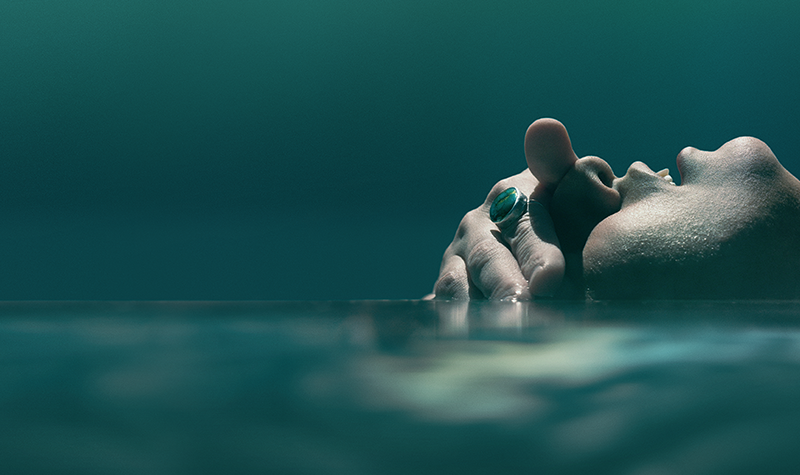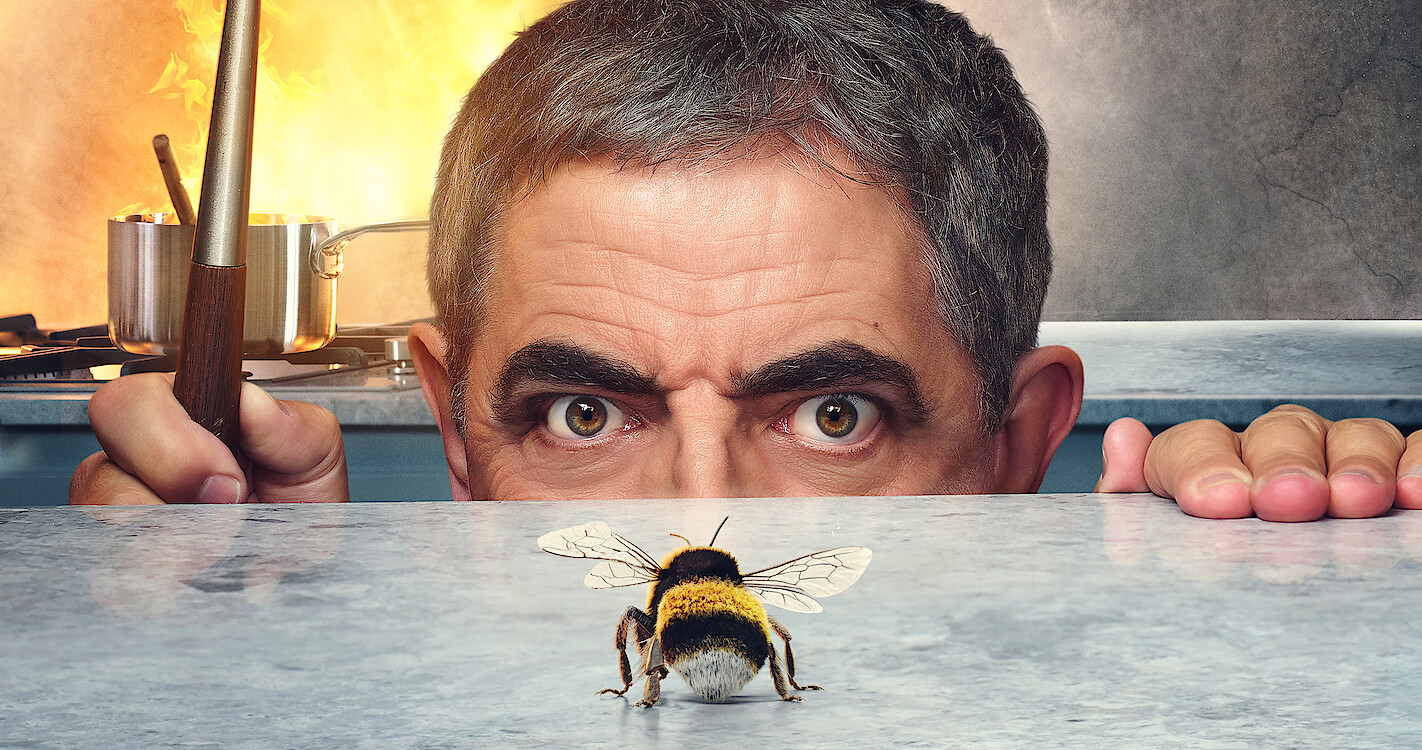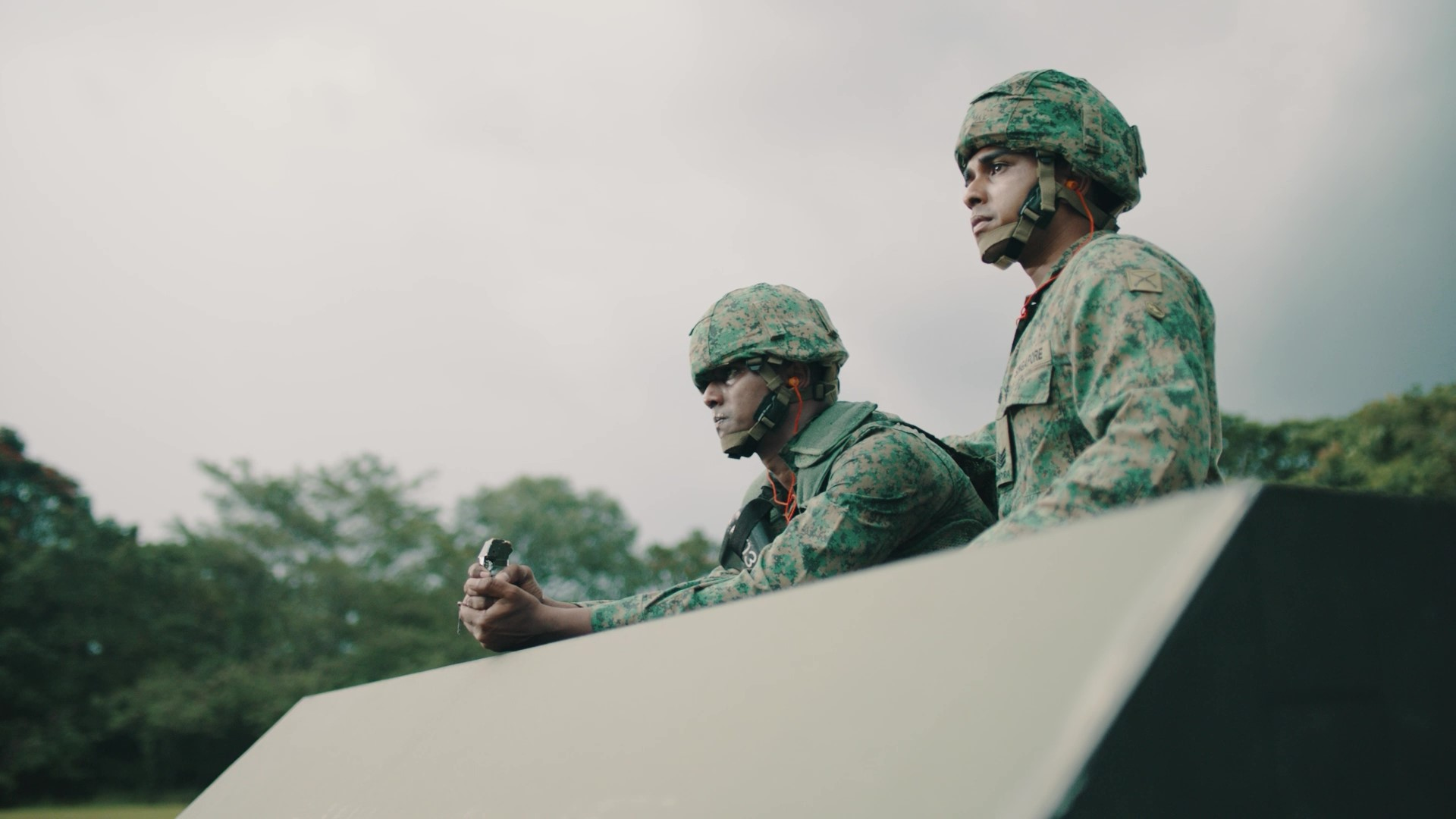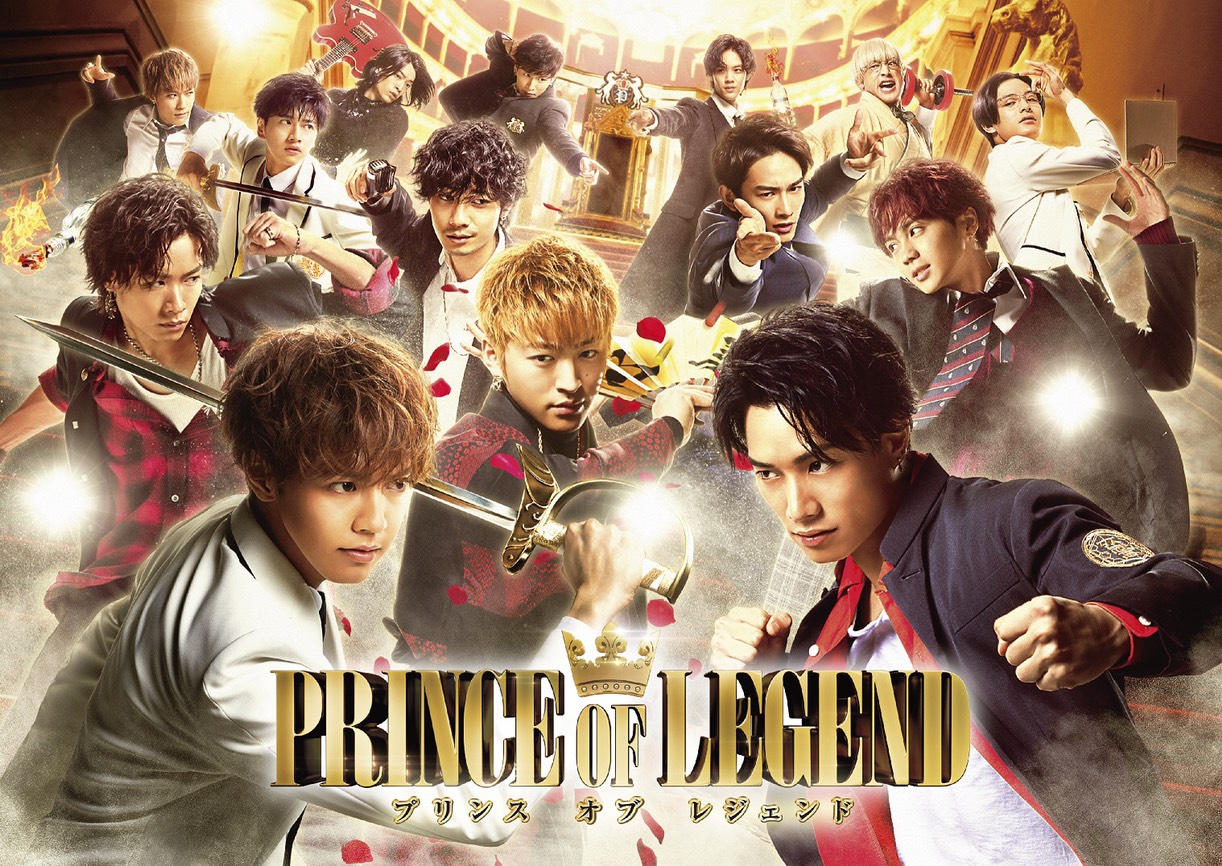#SGWatch4U is our weekly screen review column where we tackle anything from film to TV/Netflix.
“I want the right of life / I want the right of the first man.”
It is with the words of Turkish poet Nazim Hikmet that Human Flow opens, setting the tone for a documentary that simply will not shy away from realities harsher than beyond our comprehension.
Helming it is Chinese artist Ai Weiwei, who brings with him a defiant background of controversy, political activism; even arrests and harassment by Chinese authorities. Unsurprisingly these serve him well, in what seems set to be his magnum opus, constructed with the global refugee crisis at its core. Twenty countries he ambitiously covers, to document the unending flow of human life between, but often stemmed at, borders.

The documentary photographer must draw the line between discomfort and necessity, and Ai does this literally with full-length portraits of refugees standing in the middle of the shot, eyes darting nervously, sometimes cheekily, to the side. No audio or subtitles; just them. It’s an early precursor to what is to come—uncomfortable moments that are raw and unflinching as they are real.
Yet, the artist and activist is careful never to paint them as a people to be pitied; he lets the hard numbers—65 million displaced here, 13,000 stranded in a camp in Northern Greece there—and your human conscience tease your guilt for him. What he does show is that they are a hardy, hopeful community. They like cats, they scroll Instagram; you feel the pain through their smiles and cheeky jokes, something not every person wielding a camera in a war-torn country is able to achieve.
The film transitions seamlessly from the Syria-Iraq conflict to the Rohingya crisis in Myanmar, then to Greece, Bangladesh, Gaza. The landscapes change but the message is always the same: Everyone hurts, and nobody deserves to feel like they don’t matter.
Ai employs to impressive effect a number of drone shots over refugee camps that depict its inhabitants like ants, scattering haphazardly in all directions. Is it to demonstrate how easily stamped out and forgotten they are? Down on the ground, the filmmaker makes sure that’s not the case. Perhaps it’s his outlaw roots coming in handy, but Ai forges genuine connections of trust with his subjects, creating unintentionally some of the most beautiful, human moments of the film.

Achingly beautiful tableaus lull you into a false sense of peace, but the second act gets heavy fast. The violence is graphic, the pain is real; but with a duty to his art Ai must meander through wounded bodies on the ground with an iPhone to capture the ugliness of inhumanity. At one point the hostility is so unyielding it simply washes over you, which brings to mind, unnervingly, an earlier interview with the Princess of Jordan: ‘The more immune you become to people suffering—I think that’s very dangerous.’ She may have been finger-pointing legislative bodies, but how applicable it is even to you in the audience is chilling.
Human Flow’s 150-minute run time does lend the film to getting a little lost in its narrative at times, but the damage is done—don’t expect to leave the cinema feeling anything less than painfully hollow.
Human Flow opens Jun 21 at The Projector. On World Refugee Day (Jun 24), catch a special screening in partnership with Advocates for Refugees Singapore (AFR-SG).





